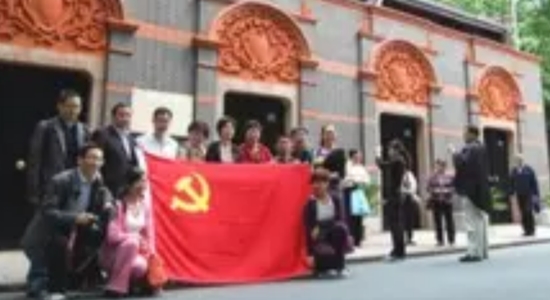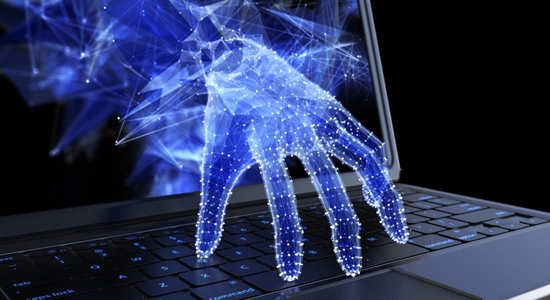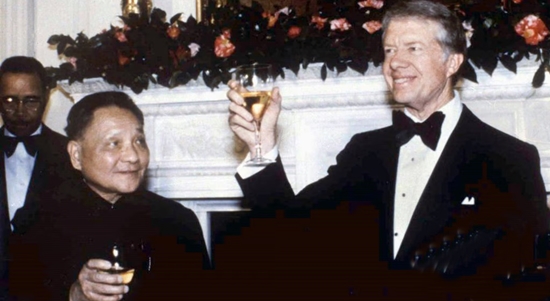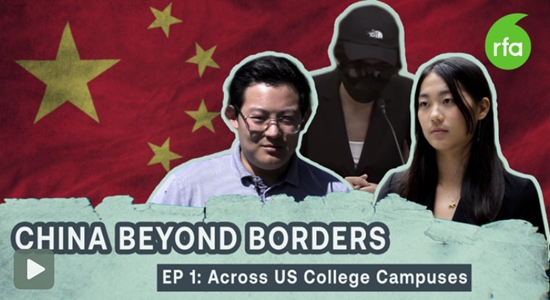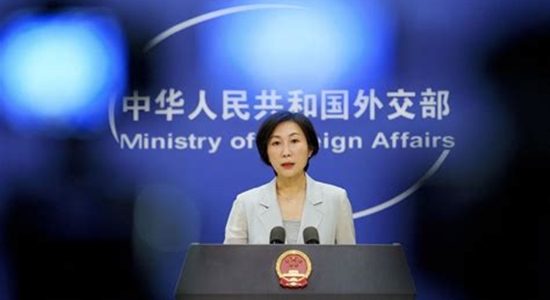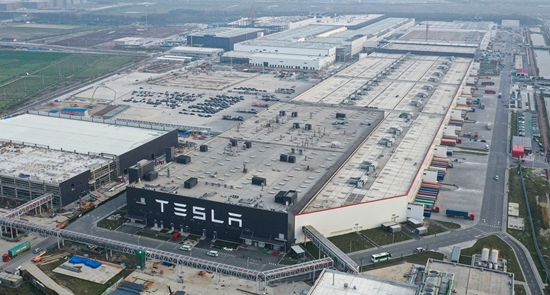
That Elon Musk is a national security risk is argued in a recent New York Times op-ed (“Elon Musk Is a National Security Risk,” December 29, 2024).
Musk has done much to improve the commonweal.
His purchase of Twitter may well have helped us avert the national security risk of a President Kamala Harris by allowing a flow of information and debate on the platform that would not have been allowed if Twitter had still been ruled by the ancien regime. Recently, Musk helped us avert a horrific congressional spending bill that Democrats and many Republicans were eager to foist on us. What passed instead in the wake of public pressure that he helped along was only semi-horrific. He has used his network of Starlink satellites to help hurricane victims.
This isn’t an exhaustive list.
What about China though?
The concern is Musk’s business with China.
In the op-ed, retired Lieutenant General Russel Honoré writes that “Mr. Musk and his rocket company, SpaceX, face federal reviews from the Air Force, the Defense Department’s Office of Inspector General and the under secretary of defense for intelligence and security for failing to provide details of Mr. Musk’s meetings with foreign leaders and other potential violations of national-security rules.”
Failure to submit memos about meetings with foreign leaders doesn’t strike me as more than a venial sin at worst absent anything more incriminating. The general’s more important observation is that Musk’s enterprises “are heavily reliant on China.”
He borrowed at least $1.4 billion from banks controlled by the Chinese government to help build Tesla’s Shanghai gigafactory, which was responsible for more than half of Tesla’s global deliveries in the third quarter of 2024.
China does not tend to give things away. The country’s laws stipulate that the Communist Party can demand intelligence from any company doing business in China, in exchange for participating in the country’s markets.
This means Mr. Musk’s business dealings in China could require him to hand over sensitive classified information, learned either through his business interests or his proximity to President-elect Donald Trump. No federal agency has accused him of disclosing such material, but as Mr. Ramaswamy put it, China has recognized that U.S. companies are fickle. He added, “If Xi Jinping says ‘jump,’ they’ll say, ‘How high?’ ”
Mr. Musk’s relationship with China’s leaders could prove a problem for America’s national security given that SpaceX has a near monopoly on the United States’ rocket launches. The United States is in an intense space race with China. In a May interview, Maj. Gen. Gregory J. Gagnon, the deputy chief of space operations for intelligence at the U.S. Space Force, said that there has never been a buildup comparable to what the Chinese are attempting in space…and that “an adversary arming this fast is profoundly concerning.” The last thing the United States needs is for China to potentially have an easier way of obtaining classified intelligence and national security information….
If the federal investigations demonstrate deep connections to China and Russia, the federal government should consider revoking Mr. Musk’s security clearance. It should already be thinking about using alternatives to SpaceX’s launch services.
I doubt that Elon Musk would intentionally compromise the national security of the United States. Honoré suggests ways that Musk and Tesla are vulnerable to pressure from China. In addition, conceivably, one or more persons within his organizations could use their access to confidential information to willfully compromise U.S. security regardless of Musk’s policies or Tesla’s policies.
The possibility exists. The same possibility exists in other big organizations in the United States, like the federal government and the state governments, whose personnel have access to confidential information.
Unintentionally? Like many others, Musk has already unintentionally compromised national security at least by contributing to the resources of the Chinese Communist Party.
How money works
I assume for the sake of argument that neither industrial titans nor any executives of companies operating in or trading with China fully grasp the relationship between money given to the Chinese government by way of taxes, payments to state-owned companies, or otherwise and the money used to pay for Chinese military equipment and personnel, Chinese surveillance and censorship equipment and personnel, Chinese repression and genocide equipment and personnel, and other elements of the Chinese Communist Party’s totalitarian rule.
What these owners and managers of foreign companies operating in China and trading with China need to try to understand is that once the Party has the money, it can then spend the money.
